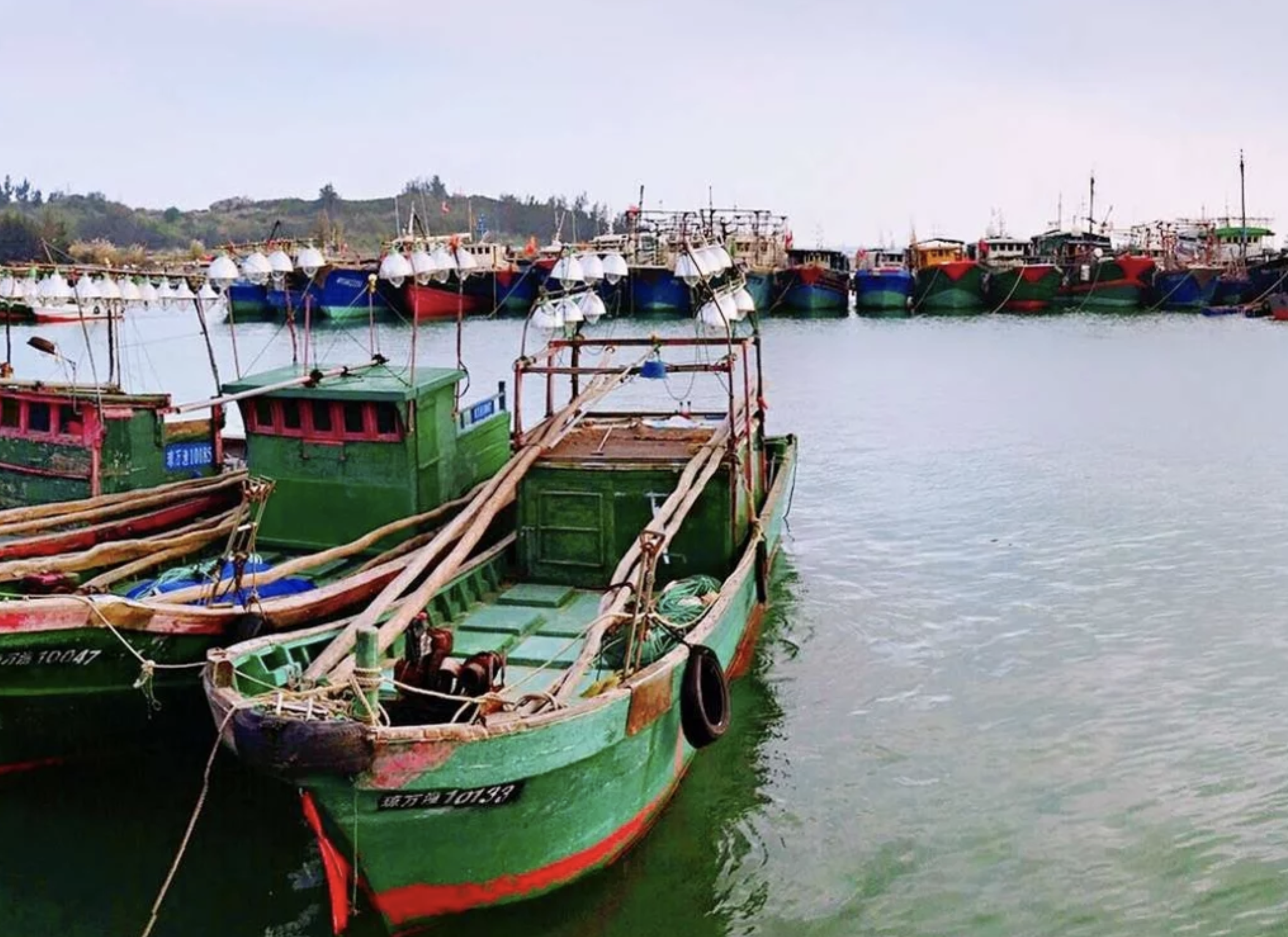Quota Baskets: Exploring Alternative Groupings for Fisheries Management

Good fisheries management is resource intensive, and as a result, many fisheries fail to achieve desirable fisheries outcomes. Quota basket management may have the potential to improve fisheries management with a relatively small number of quotas, resulting in reduced fisheries costs, improved ecological and economic outcomes, and more sustainable fisheries. Quota basket management divides a fishery into groups where fish share a common trait and sets a harvest quota for each group. We explore the feasibility of quota basket management in two ways: by using a modified surplus production model to explore different quota basket management schemes, and through a review of similar management schemes used in real fisheries. Our results show that quota baskets have the potential to improve some fisheries management schemes, but that quota basket success is highly dependent on how quota baskets are constructed and how they influence the target fishery. Our modeling results show that carefully designed quotas increase profits for an example fishery, but also show that poorly designed quota baskets reduce profits and stock levels compared to a global quota. These results are echoed in our case studies, where quota baskets drastically improved a fishery outcome. Overall, when carefully designed, quota baskets can improve fisheries outcomes with a simple management scheme, but without careful design consideration, carry considerable risk to fisheries.
Acknowledgements
Bren School: Steve Gaines, Dean; Nathan Grimes, PhD Candidate; Hunter Lenihan, Professor; Andrew Platinga, Professor; Gaines Lab
Steve Hart, Vice President of Market Development, Global Aquaculture Alliance
Cody Szuwalski, Fisheries Biologist, NOAA Fisheries
Robert Boenish, Post-doctoral Fellow, Cornell University
Jake Kritzer, President, NERACOOS
Yana Jin, High Meadows Environmental Economics Fellow, Environmental Defense Fund